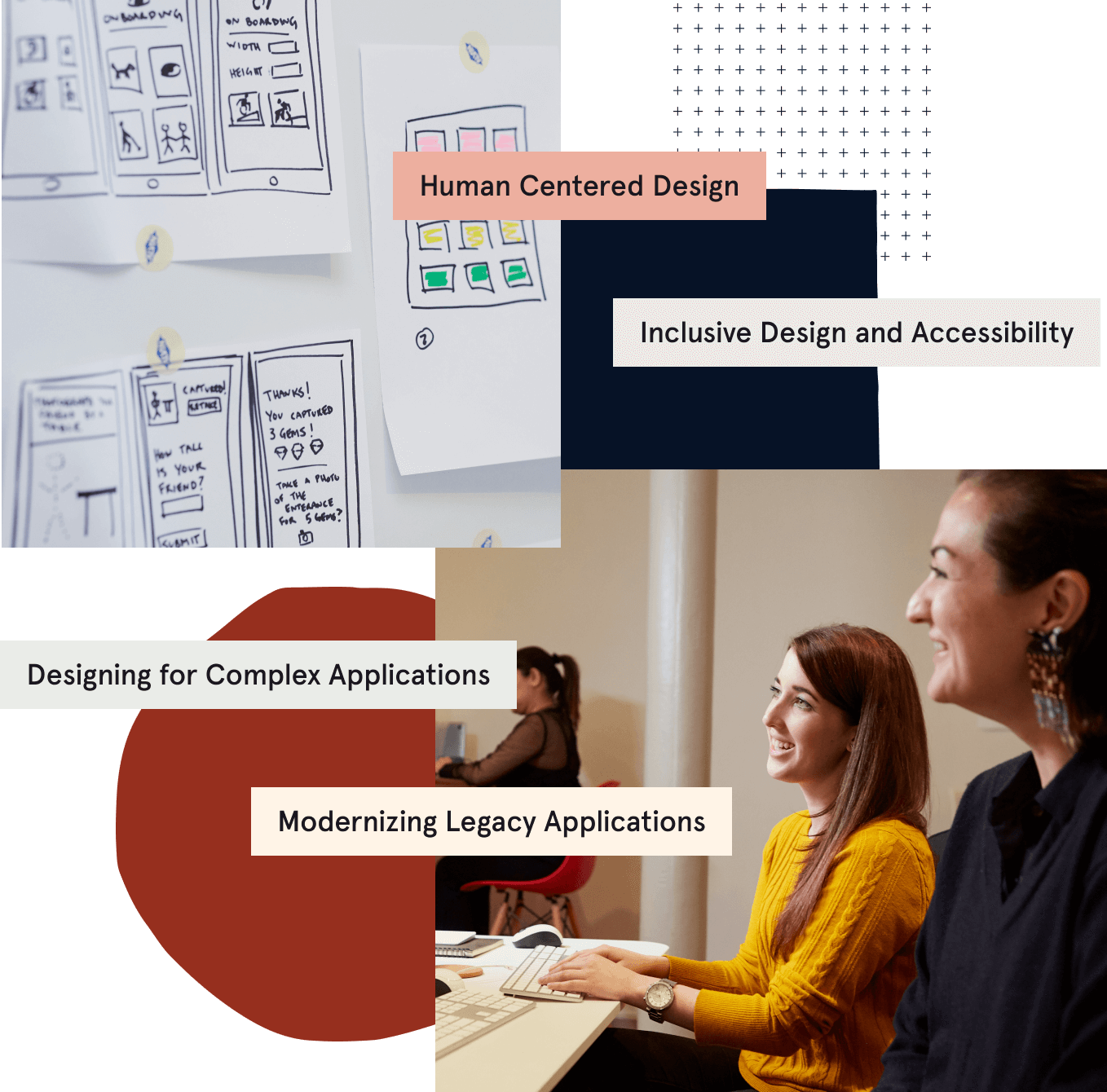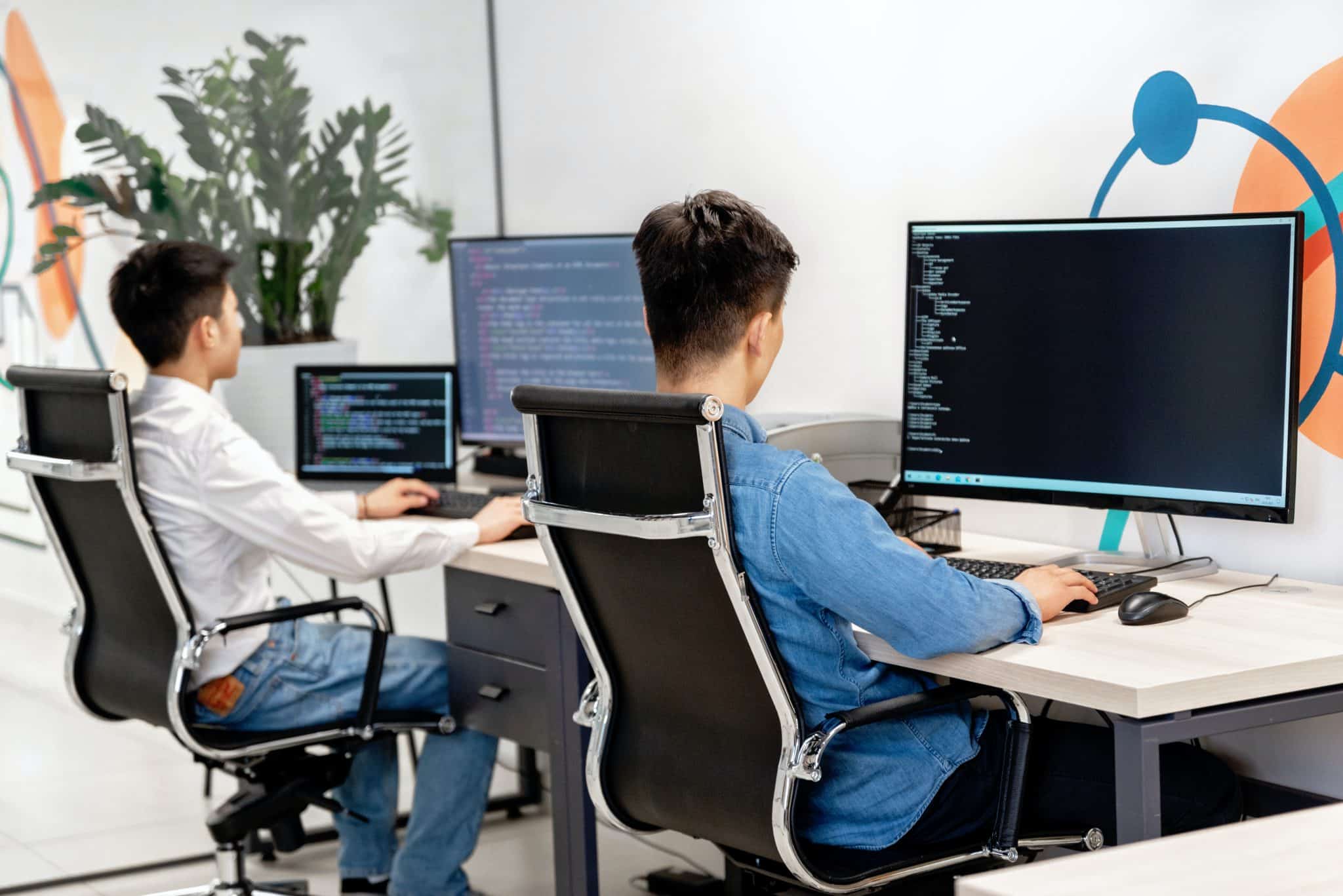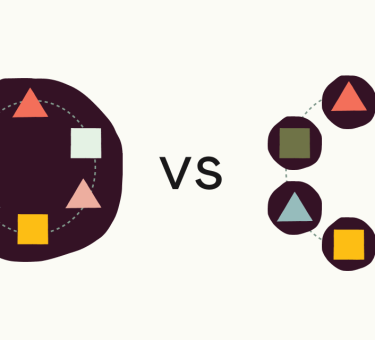The landscape of software development is transforming rapidly, due to the burgeoning influence of artificial intelligence (AI). As AI continues to evolve, it is slowly reshaping the way we develop, test, and maintain software, creating both opportunities and challenges. In this post, we will discuss some of the most significant positive impacts AI is having on software development today and explore a few potential downsides.
Some of the Pros of AI in Software Development
🌟 Accelerated Development Process
AI-powered tools are streamlining the development process by automating repetitive tasks, reducing human error, and increasing overall efficiency. Tools like Github’s Copilot can, in certain circumstances, cut down the time spent on writing and debugging code, or optimizing code that’s already written. This can enable developers to spend more time focusing on the creative aspects of their projects.
🚀 Enhanced Software Quality
AI-powered testing tools can analyze large volumes of code quickly, identifying potential defects and vulnerabilities that human testers might miss at scale. This can effectively be a second pair of “eyes” on large code bases that may result in higher-quality software and a reduced likelihood of costly and time-consuming rework.
🔧 Improved Maintenance and Support
AI algorithms excel at predicting and preventing potential issues before they become critical, such as identifying resource bottlenecks or analyzing crash reports. Adding these tools to your support team’s tool set can help in proactively addressing these issues. Between human developers and AI tools, a smoother user experience can be delivered while reducing the time spent on maintenance and support tasks.
And, Some of the Cons of AI in Software Development
Despite these advantages, it is essential to consider some potential downsides as well:
🤖 Ethical Concerns
As AI becomes more integrated into software development, we need to address ethical concerns, such as algorithmic bias and privacy. Ensuring that AI-powered tools adhere to ethical guidelines and respect users’ rights and accessibility is crucial to prevent negative consequences.
👩💻 Job Displacement
The automation of some tasks may lead to job displacement for certain roles in the industry. However, by upskilling and adapting to the changing landscape, professionals can harness AI’s potential to create new, high-value roles and opportunities. Some of these are emerging even in these early days, such as:
- Prompt Engineer or prompt support: assisting others in an organization on how best to utilize AI tools
- AI/ML Programmer: this is an obvious one
- ML/AI-Ops Engineer: working to deploy and maintain machine learning or AI systems within their organization
- Data Scientist: not a new one, but certainly one that will be heavily impacted and potentially given super-powers by AI tooling
None of this will impact the need for traditional high-quality programming skills or the role of excellent UI/UX designers and user researchers/testers. These skills will be human-powered for the foreseeable future.
🔒 Security Risks
AI-driven tools can be exploited by malicious actors, who may use them to automate hacking attempts or create more sophisticated cybersecurity threats. It is essential to prioritize security and develop strategies to counteract these risks.
This will be a tall order as AI tools become more and more sophisticated. For example, the introduction of ChatGPT-4’s plugins API givesthe tool access to the open internet. Another example is Stanford’s Alpaca, which can already run on a local machine behind a company’s firewall.
🎲 The Unpredictability Factor in AI-Driven Software Development
Another significant concern in using AI tools for software development is the potential unpredictability of AI algorithms. As AI models become more complex, it can be challenging to understand their decision-making processes fully, often referred to as the “black box” problem. This opacity can lead to unexpected results, which might not align with the developer’s intentions or end-users’ needs.
This unpredictability factor could also result in hidden bugs or vulnerabilities that are difficult to detect and resolve. It is crucial for developers to be aware of this limitation and take necessary precautions, such as thorough testing, validation, and monitoring of AI-influenced components, to ensure the reliability and robustness of the software.
AI will eventually reshape the software development landscape, offering numerous benefits but also presenting some challenges. By embracing these changes and addressing the potential downsides, the industry can harness the power of AI to build better software while ensuring a secure and ethical future.









